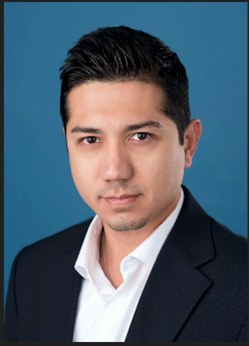
Exploring Modularity for Advancing Space Exploration and Supporting Crew Health
Date: March 7, 2025; Time: 2:30 PM Location: PWEB 175
Abstract: In the quest for exploring new frontiers in space, the design of modular systems has emerged as a potential solution that not only could enhance exploration capabilities but also support crew health and performance. A system is considered modular when its components are designed to function independently, each capable of performing its specific role without reliance on the entire system. At the same time, these components can seamlessly integrate to work collectively, forming a unified whole. This dual capability allows for flexibility, scalability, and adaptability, enabling the system to be customized, expanded, or reconfigured as needed to meet evolving requirements and adapt to different situations. Within a modular system, modules are designed to connect, interact, and exchange resources—either physically or virtually—through standardized interfaces or mechanisms. From modular robotic systems for exploration in unknown environments to modular systems for spacecraft habitats that can support crew health and activities.
Biographical Sketch: He is an Associate Professor in the Department of Engineering at Texas A&M University-Corpus Christi (TAMU-CC), USA. His research interests include the development and integration of Modular Robots and Modular mechatronic systems across different domains such as in Unmanned Autonomous Systems, Space, Agriculture, Industry, HealthCare, and Education. Dr. Baca has worked in the Autonomous Systems and Modular Robotics fields for over a decade and his work has led to multiple publications in leading conferences and journals, as well as organized and co-chaired international conferences and workshops. He has been involved in projects funded by federal agencies such as DoD, NSF, NASA, ED, and USDA-NIFA. He is co-founder of CORAL (Collaborative Robots and Agents Lab), and Faculty member of the NSF CREST-GEIMS (Center for Geospatial and Environmental Informatics, Modeling and Simulation) and the IUCRC (Industry-University Cooperative Research Center) Center for Growing Ocean Energy Technologies and the Blue Economy (GO Blue) at TAMU-CC.